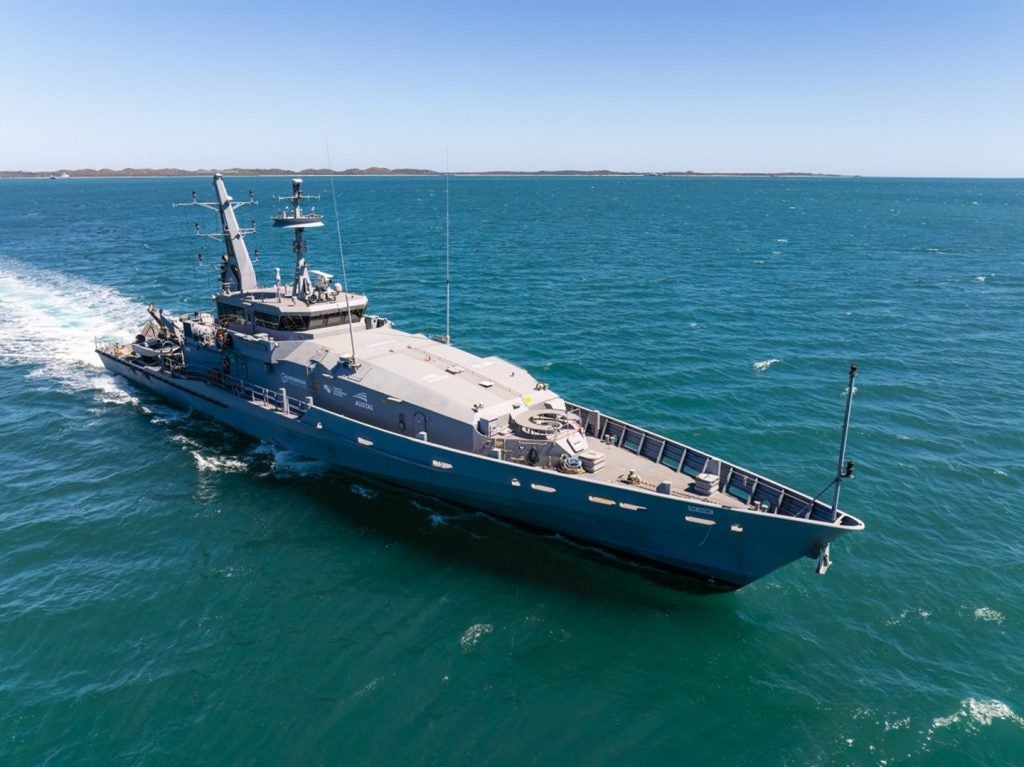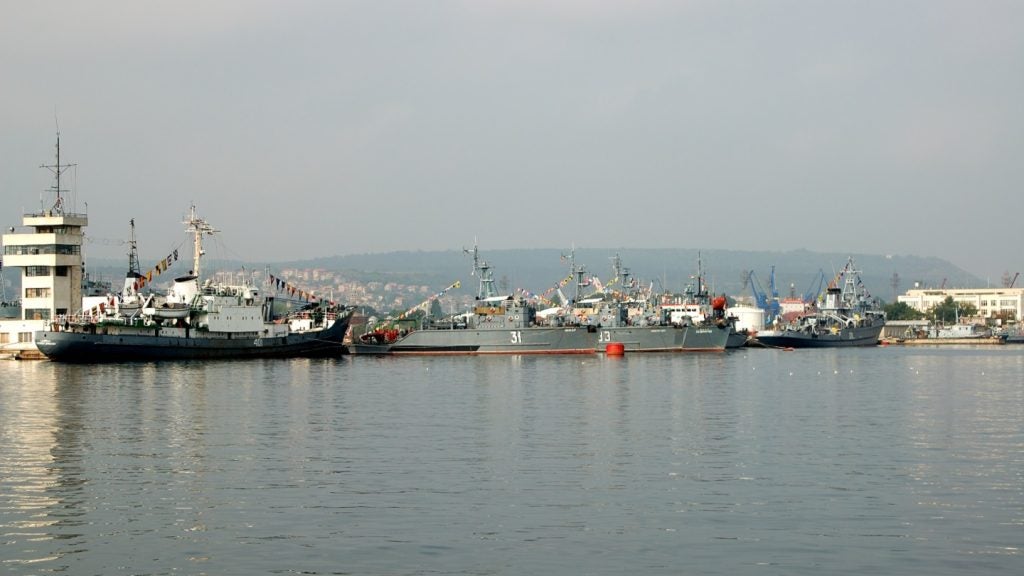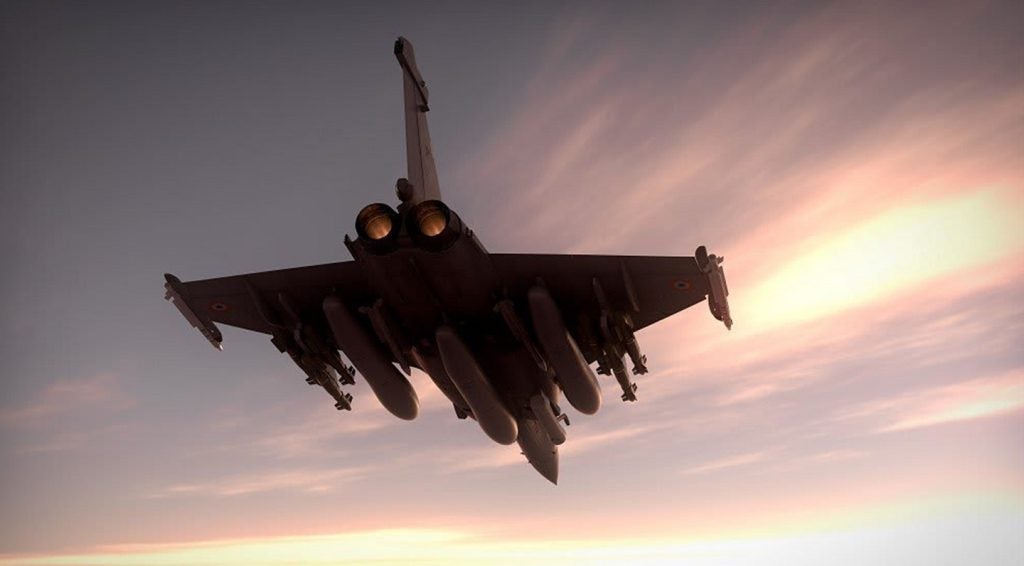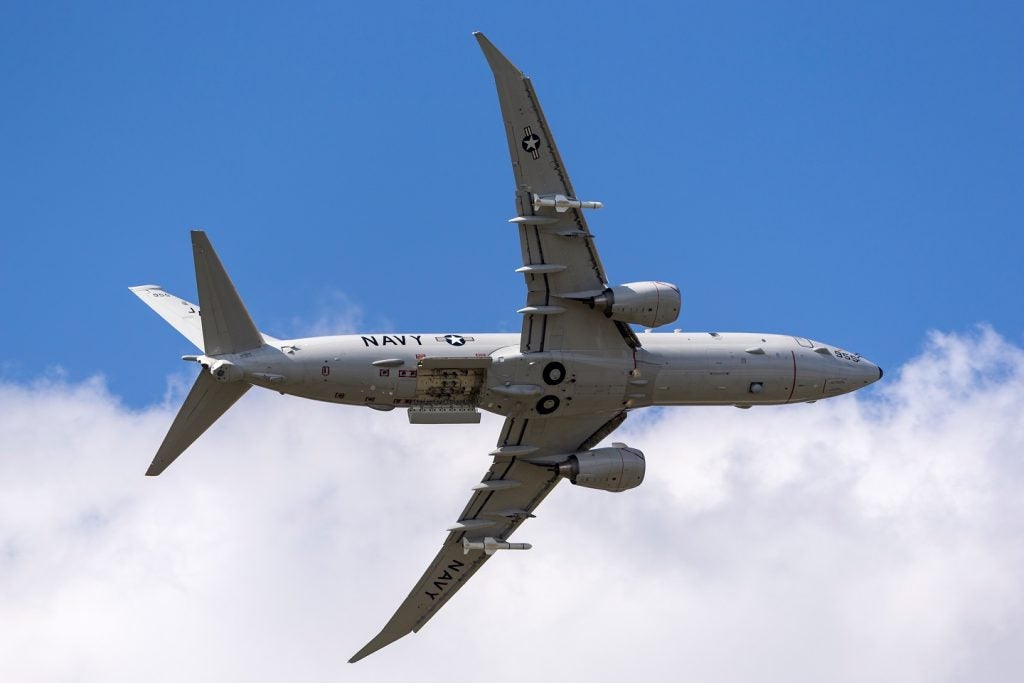The Indonesian Navy plans to equip its patrol ships with guided missiles to enhance their defence capabilities, according to the navy chief of staff Admiral Tedjo Edhy Purdijatno.
The navy will increase the number of patrol ships built with steel instead of fibre and fit them with Chinese and Russian-made guided missiles, said Tedjo during the 64th anniversary of the Indonesian military (TNI) at TNI headquarters.
The plans to improve the readiness of the TNI main armament system and to equip the patrol ships with guided missiles will be funded by the $4.3bn increase in the 2010 defence budget announced this year.
According to Purdijatno the government believes that diverting funds towards patrol boats and transport ships is more in the interests of the people than building submarines and warships.
How well do you really know your competitors?
Access the most comprehensive Company Profiles on the market, powered by GlobalData. Save hours of research. Gain competitive edge.

Thank you!
Your download email will arrive shortly
Not ready to buy yet? Download a free sample
We are confident about the unique quality of our Company Profiles. However, we want you to make the most beneficial decision for your business, so we offer a free sample that you can download by submitting the below form
By GlobalData“The patrol ships will be deployed to safeguard the country’s sea borders while the transport ships to carry personnel and logistics as well as to support disaster mitigation efforts,” he said.
See Also:
The procurement of two new submarines that were scheduled for 2010 to 2011 has been suspended and the ministry now believes they will be delivered in 2012 or 2013.







